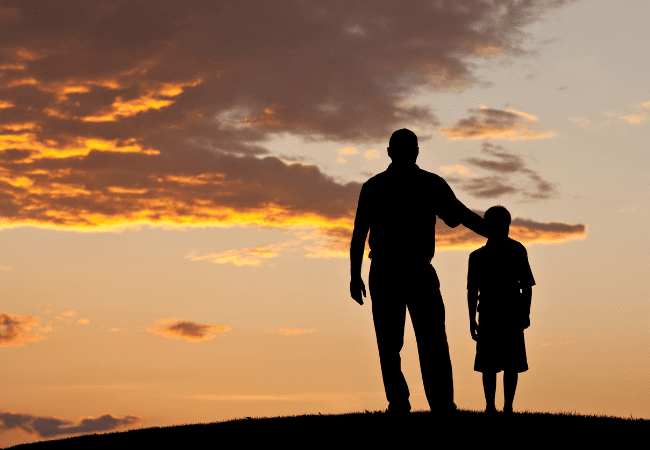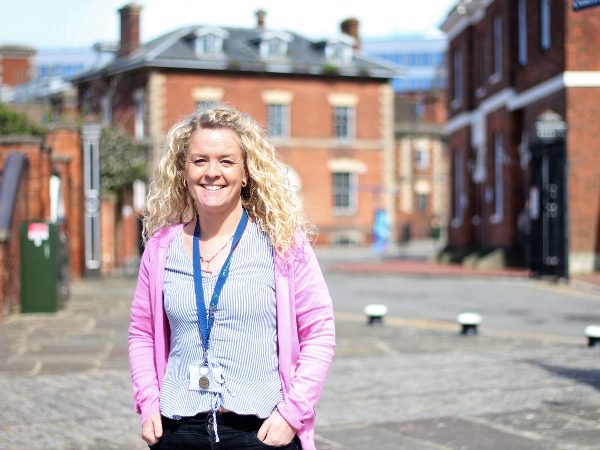
Amy Pickford, YG’s Community and Environmental Lead talks us through COP26 and her concerns for the future of our planet.
29 November 2021
“The effects of climate change are being debated more and more as people around the world are starting to feel the effects first hand; such as more extreme weather events.
“People are starting to realise that climate change is a real threat to our survival. I also believe that the likes of David Attenborough, Greta Thunberg and the youth climate strikes that happened this past year have really propelled the movement and have helped force governments to stop and listen. November saw a huge milestone in the world’s effort to combat climate change. COP26.”
So what was COP26 all about?
“Since 1995 nations from around the world have come together at a conference called the United Nations Climate Change Conference of the Parties or COP for short. Here they assess global progress towards tackling climate change. This year from the 31st of October to the 12th of November 25,000 delegates from 200 countries representing 197 parties gathered in Glasgow to attend COP26 which resulted in the Glasgow Climate Pact. The days consisted of press conferences, Non-Governmental Organisation (NGO) panel discussions, with a welcomed attendance from our beloved David Attenborough, as well as business leaders pitching their climate ideas and mass gatherings of people outside on the streets of Glasgow both young and old in hope of a promising outcome. However, the most important talks of the thirteen days were held behind closed doors by world leaders.
“It was the first conference to exercise the “ratchet mechanism” since COP21. (This is an agreement that countries will review their plans every five years and increase their ambition to stop climate change.) This mechanism was put in place under the Paris Agreement back in 2015 where countries promised to limit the increase of global temperatures to 1.5°C. Although most countries provided some improvements this year, the targets still fell short of what many were hoping for.”
So what were the main terms agreed in the Glasgow Climate Pact?
- Over 140 countries pledged to reach net-zero emissions.
- More than 80 countries pledged to cut methane gas emissions by 30% by 2030.
- More than 40 countries pledged to phase out the use of coal by 2030.
- More than 100 countries pledged to reverse deforestation by 2030.
- India promised to draw half of its energy requirement from renewable sources by 2030.
- A group of major car manufacturers committed to work towards all sales of new cars and vans being zero emission globally by 2040, and by no later than 2035 in leading markets.
- Plans were made to offer financial help to countries hardest hit by global warming but who aren’t necessarily the biggest polluters.
“This may seem like the promising outcome that so many of us hoped for, yet when I look a little closer at the negotiations of COP26, I do have some nagging doubts that profit and exploitation continue to drive the decisions made by country’s leaders, rather than prioritising the survival of our planet.
Let’s break it down
“One of the big commitments that has been in play for a while now is the target of net-zero emissions. This includes all processes that produce any kind of emissions mainly from the burning of fossil fuels for energy.
- The pledge to phase out coal was refused by India, China and the US. The Indian’s environment minister even tried to change the language of the pledge to phase “down” instead of “out”, which would ultimately allow them to continue the use of coal at an alarming rate.
- Similarly, the pledge to cut out methane gas was not signed by the world’s biggest emitters China, India and Russia.
- The commitment to increase electric cars did not receive support from major manufacturing nations like the US, Germany, China, Japan and South Korea, plus Volkswagen, Toyota, Peugeot, Honda, Nissan and Hyundai did not sign up.
“It has left many people disheartened and unsure about what the future holds. The Climate Action Tracker predicts how the temperature will raise depending on how much change the world can make. It predicts that by the end of the century the global temperature will rise by;
- 2.7°C with our current policies,
- 2.4°C if only the pledges for 2030 are implemented or
- 1.8°C if all the announced targets are achieved.”
What can you do to help?
“We all have the power to make change and young people in particular can use their voice to help fight for our planet. Young people hold the potential to make world leaders change their behaviour, but it won’t be easy and that’s why we need every one to get involved and donate, volunteer, raise awareness and have discussions on why you and every other living being on this Earth has a right to survive. Here are some super easy things you can do to play your part in improving our environment.
- BE INFORMED – keep up to date with environmental news – read blogs like this, or follow environmental profiles on social media like Save_the_planet_uk and get.waste.ed
- TRAVEL RESPONSIBLY – use public transport, a bike or walk.
- EAT SUSTAINABLY – reduce your meat and dairy consumption and support local suppliers.
- REDUCE YOUR WASTE – be conscious of how much you consume and recycle correctly.
- WATCH WHAT YOU BUY – support eco-friendly businesses and purchase biodegradable products. Even swapping your foil for baking paper will help!
- SAVE ENERGY & WATER – turn off the taps and lights!
- VOLUNTEER – help out your local environmental charities e.g. Gloucestershire Wildlife Trust.
“If you do nothing else then just follow David Attenborough on social media and he will help get you thinking about the environment and why it is worth saving.”
How is YG playing its part?
“Here at YG we are an environmentally conscious organisation, and are always assessing our environmental impact to see how we can improve. We are proud to say that we have lots of recycling bins in place and are involved in a crisp packet recycling scheme which donates funds to our charity of choice, one being the Gloucestershire Wildlife Trust.
“We are so lucky to have a garden in our new building in the centre of Gloucester and we have filled it with bird feeders, boxes and even a bug house to help sustain the local wildlife. We also have recently installed a wormery which helps to breakdown all of the food and garden compost we collect into fresh soil for our plants.
“We encourage staff to use public transport, cycle and walk into work when possible. We have lots of energy saving devices around the office and through the Green Impact Award we are making more changes such as purchasing eco-friendly cleaning products and Fairtrade tea and coffee.
“Green Impact is a United Nations award-winning programme designed to support environmentally and socially sustainable practice within organisations.
Organisations can earn points and awards. We are going for Gold this year (worth 200 points). So far we have managed to achieve the following United Nations Sustainable Development Goals. More information can be found on their website”
You may also like...
Redesigning Graphic House: Creating the safe spaces young people deserve

Meet Jamie – Learning, growing, and giving back through Youth Work

From Probable Mental Illness to Wellness

Young Gloucestershire’s ED and I journey

